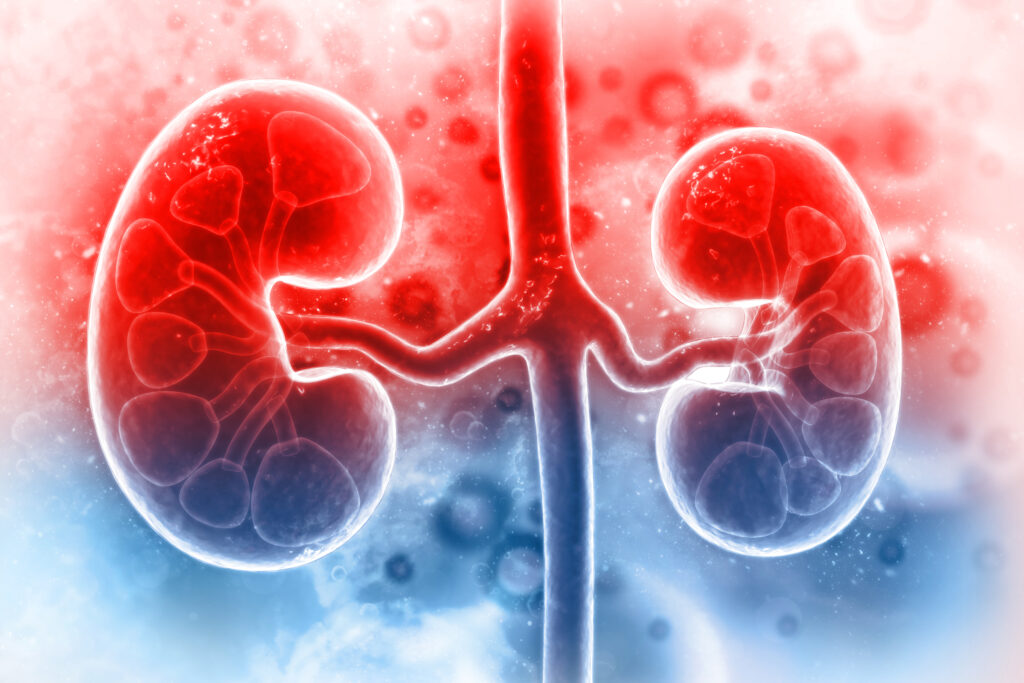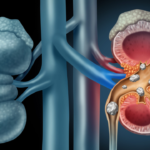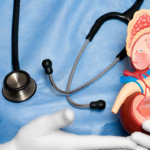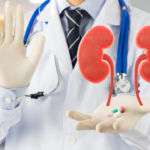
Urology is a specialized medical field that deals with the urinary system and male reproductive system. While it primarily focuses on the diagnosis and treatment of conditions related to these systems, it’s essential to recognize the significant role that hormones play in urology. Hormones are powerful chemical messengers that regulate various bodily functions, and their influence on urological health cannot be understated. In this blog post, we will delve into the essential role of hormones in urology, how they impact urological conditions, and why understanding these endocrine influences is crucial for both patients and healthcare providers.
The Endocrine System and Urology
The endocrine system consists of glands that produce hormones, which are released into the bloodstream to regulate various bodily functions. In urology, several hormones play critical roles in maintaining the health and function of the urinary and reproductive systems:
- Testosterone: Testosterone is the primary male sex hormone produced in the testes. It plays a crucial role in the development and maintenance of male secondary sexual characteristics, such as facial hair, muscle mass, and a deep voice. Testosterone also influences libido and is essential for sperm production.
- Estrogen: While primarily associated with females, estrogen is also present in males, albeit in smaller quantities. Estrogen helps regulate bone density and fat distribution and plays a role in maintaining erectile function and libido.
- Follicle-stimulating hormone (FSH) and Luteinizing Hormone (LH): These hormones are produced by the pituitary gland and are vital for both male and female reproductive systems. In men, FSH stimulates sperm production, while LH stimulates the testes to produce testosterone. In women, FSH and LH regulate the menstrual cycle and ovulation.
- Antidiuretic Hormone (ADH): ADH, also known as vasopressin, is produced by the hypothalamus and released by the pituitary gland. It plays a crucial role in regulating water balance in the body by controlling the reabsorption of water in the kidneys. Dysregulation of ADH can lead to conditions like diabetes insipidus or syndrome of inappropriate antidiuretic hormone secretion (SIADH).
Endocrine Influences on Urological Conditions
Understanding the role of hormones in urology is essential because hormonal imbalances can contribute to a wide range of urological conditions. Here are a few examples:
- Erectile Dysfunction (ED): Hormonal imbalances, particularly low testosterone levels, can lead to ED. Testosterone replacement therapy is often used to address this issue in men with low testosterone levels.
- Hypogonadism: Hypogonadism is a condition characterized by insufficient production of sex hormones, usually testosterone. It can lead to infertility, low libido, fatigue, and reduced muscle mass. Testosterone replacement therapy is the primary treatment for hypogonadism.
- Polycystic Ovary Syndrome (PCOS): In women, hormonal imbalances, including elevated levels of androgens (male hormones) and insulin resistance, can lead to PCOS, a condition that affects the ovaries and can cause menstrual irregularities and fertility issues.
- Benign Prostatic Hyperplasia (BPH): Hormonal changes, specifically an increase in dihydrotestosterone (DHT), can contribute to the development of an enlarged prostate in older men. Medications that target hormone receptors are often used to manage BPH.
Conclusion:
In conclusion, the role of hormones in urology is undeniably significant. Hormones are the orchestrators of many vital functions within the urinary and reproductive systems, and any imbalance can lead to a range of urological conditions. Understanding the intricate relationship between hormones and urology is crucial for patients and healthcare providers alike. It allows for accurate diagnosis, effective treatment, and improved quality of life for those dealing with urological issues.
Dr. Rajesh Dhake, a renowned urologist and endocrinologist, has been at the forefront of research and patient care in this field. His expertise and dedication to both understanding and addressing the complex hormonal influences on urological health have benefited countless individuals. Dr. Dhake’s contributions have not only advanced medical knowledge but have also provided patients with hope and tailored treatment options. As we continue to explore the intricate connections between hormones and urology, we can anticipate further advancements in the diagnosis and treatment of urological conditions. With experts like Dr. Rajesh Dhake leading the way, we can look forward to a future where individuals facing urological challenges receive the most precise and effective care possible, ultimately improving their overall well-being and quality of life.




